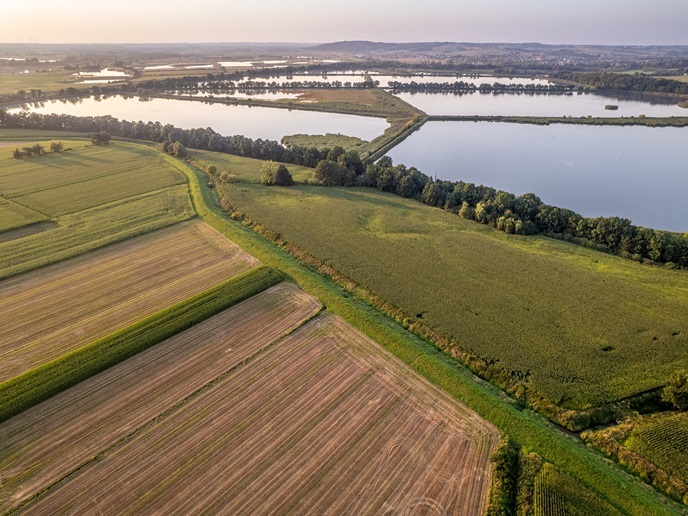A new take on resilience in food systems – a focus beyond efficiency to sustainability and vulnerability
How do climate, economic reach and market structure, supply and demand, geo-political shifts, consumer preferences and consumption patterns come together to affect global and European food demand and raw material production? The TRANSMANGO project set out to examine the impact of these, and other factors, to assess the vulnerability and resilience of European food systems. Dr Erik Mathijs, the project’s coordinator, explains, “Food and nutrition security not only involves access to sufficient food, but also implies healthy diets and sustainable ecosystems in order for the food system to be resilient. Europe is experiencing increasing problems relating to food and nutrition security, rising obesity and endangered natural ecosystems.” Our focus in Europe is on efficiency, explains Dr Mathijs, which means there is a lack of attention paid to vulnerability and resilience. TRANSMANGO aimed to address this gap. How will our current approach to food supply hold up in the future? Researchers investigated 18 case studies addressing various issues such as food assistance, school meals, access to land, and community-supported agriculture, across Europe. The vision and strategies of these case studies were considered in the light of future European food systems. “We brought together a variety of stakeholders to consider ways of meeting new demands,” Dr Mathijs says. TRANSMANGO’s case studies were analysed using system-thinking tools, such as causal loop diagrams(opens in new window), which visualise the interdependence between the driving forces affecting food system outcomes, as well as feedback loops and unintended effects of policies and actions. They found that the transformative cases aiming at making food systems more resilient were characterised by five principles. The first principle is to recognise the right to food of both traditional and also newly emerging vulnerable groups, such as refugees. A second principle is that resilient initiatives connect sustainability to human health, i.e. they seek to organise food systems and diets in a way that is good for the environment and for human health. Thirdly, initiatives make stronger links between urban and rural actors and activities, thus benefiting from mutual exchange of ideas and resources. A fourth principle is that resilient initiatives use both technological innovations (such as apps) and social innovations (new ways of collaboration) to underpin their activities. Fifthly, these initiatives take a different perspective on resilience, giving much more attention to diversity rather than to efficiency. “The project established,” says Dr Mathijs, “a conceptual model of the food system that captures its systemic, dynamic, political and uncertain character.” The research team set out future scenarios at both EU and national level, capturing the main uncertainties the EU food system is facing. They also developed a set of systems-thinking, modelling tools and games to analyse complex food systems. “Looking at complexity and resilience requires interdisciplinary approaches. TRANSMANGO has successfully developed approaches integrating various disciplines, such as economics, sociology and geography.” The researchers’ insights have contributed to various stakeholders processes. One example is the ‘Common Food Policy Vision’, which was produced by the International Panel of Experts on Sustainable Food Systems, and its partners, to prepare the EU Food and Farming Forum(opens in new window) held on 29-30 May 2018.







